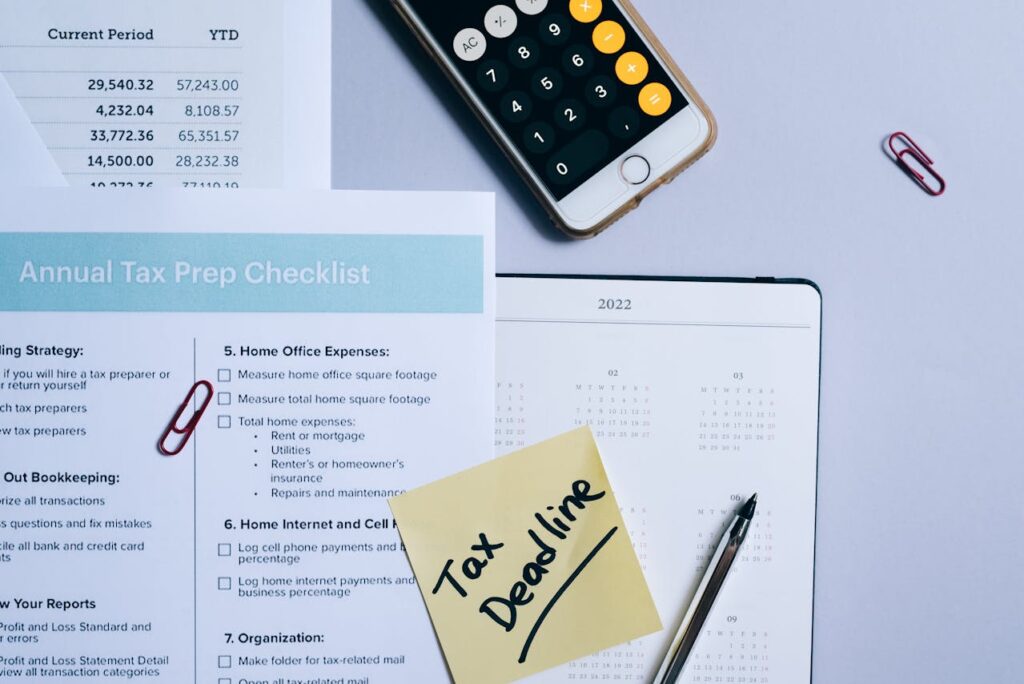Physical Address
304 North Cardinal St.
Dorchester Center, MA 02124
Physical Address
304 North Cardinal St.
Dorchester Center, MA 02124

Let’s talk money—but not in the boring, overwhelming, “you must sacrifice all joy” kind of way. We’re talking about managing your money with intention—with purpose, with clarity, and with the kind of confidence that lets you sleep easy at night.
The truth is, managing your money intentionally is one of the most powerful things you can do—not just for your bank account, but for your peace of mind and your future. And here’s the best part: You don’t have to be rich, math-savvy, or perfect to start building wealth.
Let’s break down how you can start managing your money with purpose and lay the foundation for real, sustainable wealth.
Forget the Instagram version of wealth for a sec. What does real wealth look like for you?
Is it being debt-free? Buying your dream home? Taking care of your family without stress? Having the freedom to quit a job you hate?
Write it down. Your version of wealth is the foundation of your money strategy. When you know what you’re aiming for, every financial decision becomes clearer.

You can’t manage what you don’t measure. Before you do anything else, get a clear picture of where your money is going.
This isn’t about judgment—it’s about awareness. It’s your financial truth, and it’s the first step toward change.

Now that you have a clear picture of where your money’s been going, it’s time to take charge and give every pound or dollar a purpose. This is where the real magic happens — when your money starts working for you, not disappearing on autopilot.
Build a budget that intentionally covers three key areas:
A good budget isn’t about restriction — it’s about freedom.
It gives you the power to spend confidently on what truly matters to you, and cut out the things that don’t without guilt or stress.
When every pound or dollar has a job, you’re not just surviving—you’re thriving, with a clear, purposeful plan for your money and your life.isn’t restrictive—it’s freeing. It lets you spend on what matters, and cut what doesn’t.
Want to build wealth? Make saving and investing non-negotiable.
That means treating your future self like a bill. The moment money hits your account, pay yourself first.
Even if it’s just £10 or $20 a week, it adds up. The habit matters more than the amount when you’re starting out.
Unexpected expenses aren’t always unexpected—you just didn’t plan for them.
Put a little aside each month, and when those bills come up? You’re covered. No stress. No credit cards.
Debt isn’t always evil—but it should always be intentional.
If you’ve got the dangerous kind, make a payoff plan. Use the snowball or avalanche method—whatever keeps you motivated. Every payment is progress.
Budgeting is great, but you can only cut so much. Want to fast-track your wealth? Focus on income.
Extra income gives you breathing room and speeds up every single financial goal.
Building wealth means making your money work for you.
The key is consistency. Thanks to compound growth, the earlier you start, the less you need to contribute long-term.
Intentional money management means asking: Is this purchase aligned with my values?
Money should support your happiness—not just give you a temporary hit of dopamine.
Wealth-building isn’t “set it and forget it.” Check in often.
Money management is a journey. The more consistent you are, the easier it becomes.
You don’t need to earn six figures or have a degree in finance to build wealth. You just need to:
Wealth isn’t just a number in a bank account—it’s peace, freedom, and the ability to live life on your terms. And the best part? You’re already on the path, just by reading this.
Now take the next step. One small action today could completely change your financial future.
Here’s a 5-step guide to saving money and spending wisely.
You’ve got this.